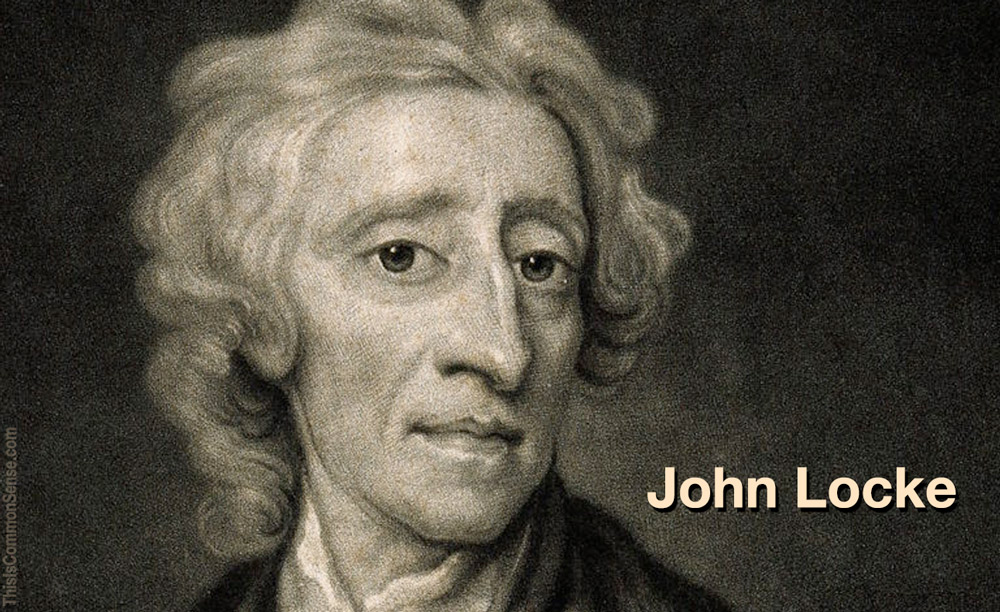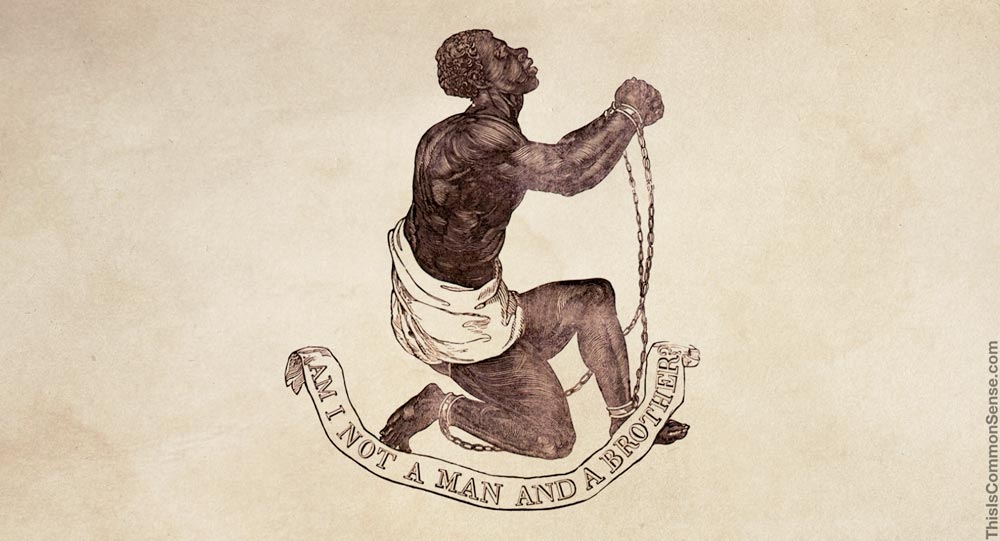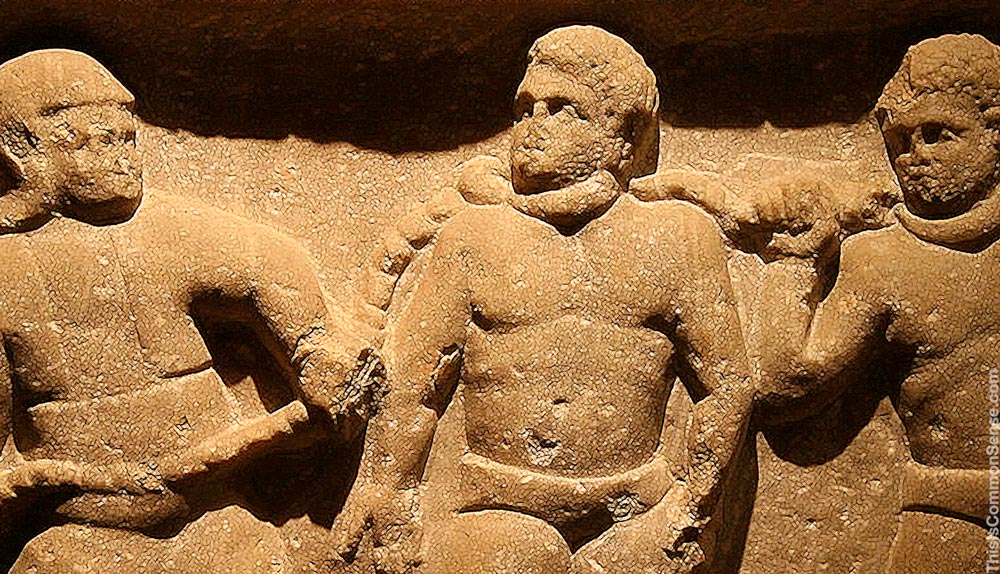Is there an easy way to avoid the insanity of what author and decorated Marine vet Elliot Ackerman calls America’s “two-decade military quagmire”?
Yesterday, I took issue with Ackerman’s idea of a “reverse-engineered draft,” whereby each year about 65,000 young men and women — but only those with parents in the highest federal tax bracket* — would be forced into the military for two years of “service.”
“A draft places militarism on a leash,” he argues. But in reality, select young people lose their freedom and politicians don’t relinquish any powers.
Still, Ackerman maintains that
- “with a draft the barrier to entering new wars would be significantly higher”
- placing these “kids” in jeopardy via military conscription would activate their wealthy and influential parents to lobby Congress and the White House
- “could create greater accountability”
ultimately resulting in a saner military posture around the globe, hopefully allowing us to “avoid … a major theater war, the continuance of our ‘terror wars,’ the attendant loss of life.”
Threatening to draft their kids would raise the eyebrows of parents. That’s why when Congress last voted on legislation mandating a draft, even the bill’s author voted NO.
But would having a small drafted force somehow actually save lives?
Let’s look at combat deaths when the United States used a military draft, post-World War II, and compare that to the time-period since 1973, when the draft ended and the All-Volunteer Force began. Those numbers are not close:
- Between 1946 and 1973, with the draft in place, nearly 100,000 American soldiers were killed overseas.
- Over the more than four decades since the draft ended, fatalities remain under 10,000.
That’s a heap-big correlation between the military draft and “attendant loss of life.”
This is Common Sense. I’m Paul Jacob.
* As I noted yesterday, targeting the draft to apply only to top income earners clearly violates the equal protection clause of the Constitution.

—
See all recent commentary
(simplified and organized)









